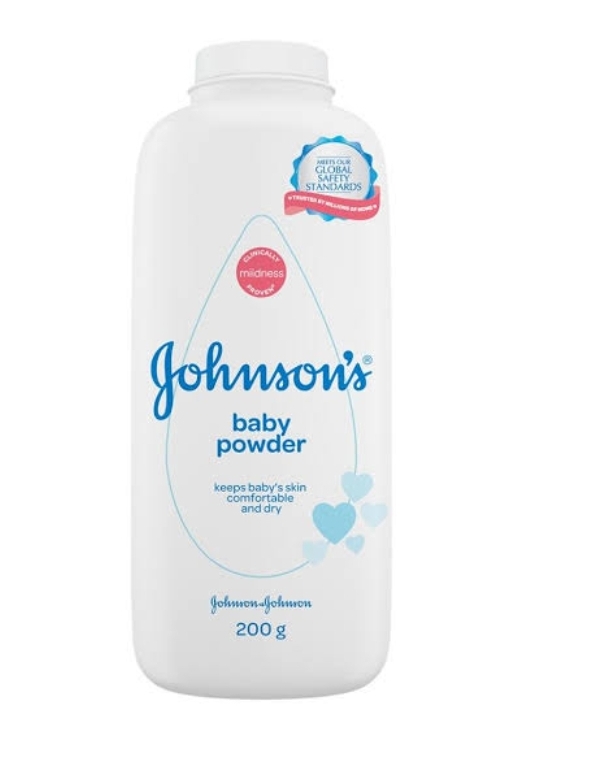In a recent court ruling, Johnson & Johnson (J&J) has been directed to pay $18.8 million to a man from California. The man, Anthony Hernandez Valadez, claimed that J&J’s talcum-based powders caused him to develop cancer. This trial marked the first in nearly two years that focused on allegations suggesting that the company hid the health risks associated with its famous baby powder.
Jurors at the Oakland state court concluded that J&J’s baby powder indeed played a role in Valadez’s development of mesothelioma, a rare cancer linked to asbestos exposure. Notably, Valadez’s case was allowed to proceed to trial despite a court order that had put all litigation on hold. This exception was made due to Valadez’s deteriorating health, triggered by J&J’s attempt to protect itself from talc-related liabilities by filing for Chapter 11 bankruptcy.
J&J has expressed its intention to challenge the verdict, citing “erroneous” rulings by the judge that prevented them from presenting crucial evidence. They claimed that this evidence would have shown Valadez’s unique form of mesothelioma was not caused by their baby powder. Erik Haas, J&J’s worldwide vice president of litigation, asserted that decades of independent scientific evaluations have consistently confirmed the safety of Johnson’s Baby Powder. He believes that the verdict is inconsistent with these scientific assessments and emphasized that the company will not pay the award while the bankruptcy proceedings continue.
The $18.8 million payout to Valadez may complicate J&J’s efforts to persuade other talc victims to accept an $8.9 billion settlement offered during the bankruptcy case filed by its LTL Management unit. This particular settlement aimed to cover all existing and future lawsuits that accused J&J of knowingly selling talc-based baby powder containing asbestos.
According to Carl Tobias, a law professor at the University of Richmond who specializes in mass torts, this recent verdict could sway other plaintiffs not to agree to the settlement. They might see greater potential for compensation through individual trials, potentially disrupting settlement negotiations for J&J.
Due to declining sales and mounting legal issues, Johnson & Johnson had already removed its talc-based powders from the markets in the US and Canada back in 2020. These were replaced with a version based on corn-starch. Furthermore, the company has committed to removing all talcum powder-containing baby powders from the global market by the end of this year.
